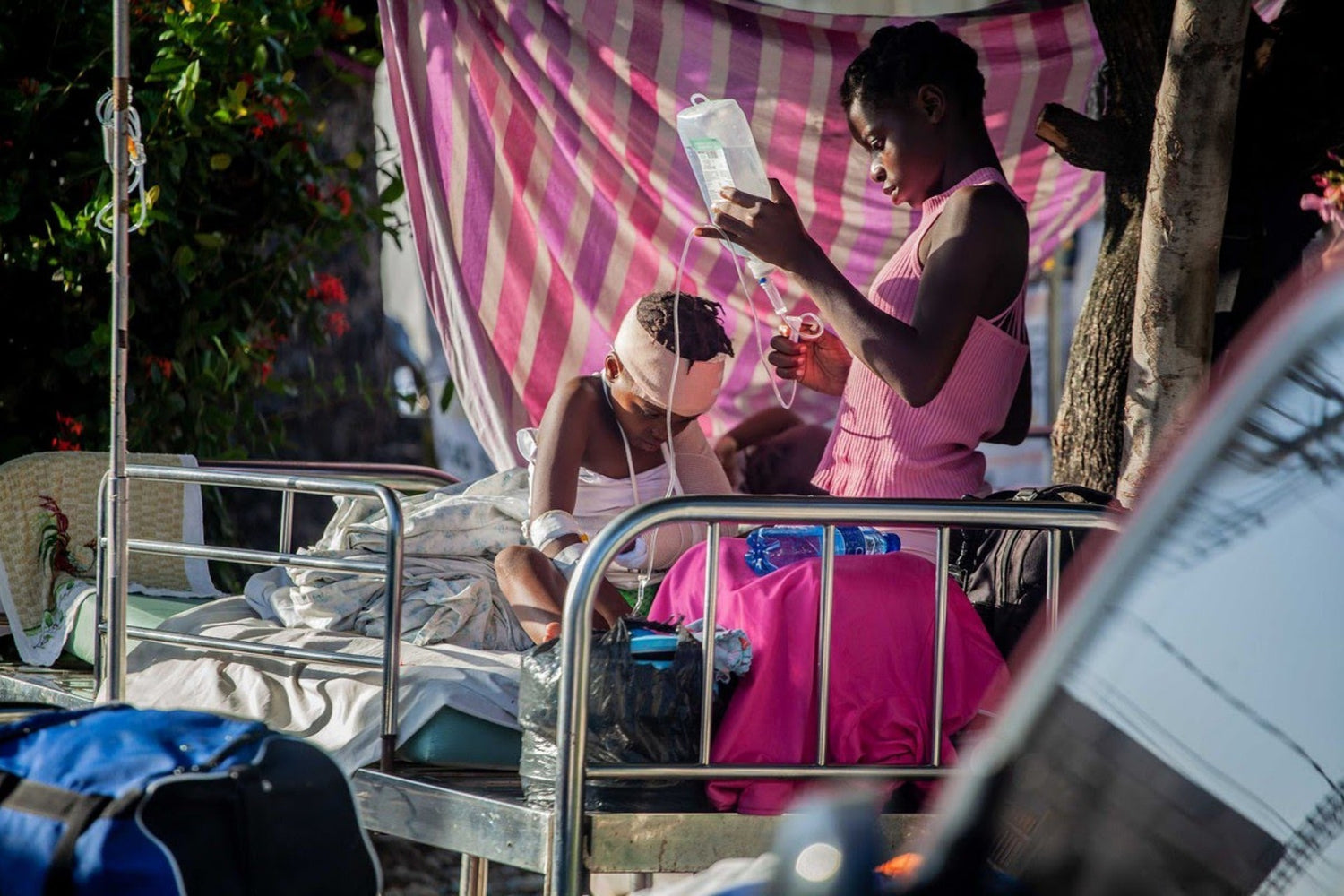
Containing epidemics
In humanitarian contexts, epidemics spread rapidly among displaced populations who are often grouped together, exacerbated by precarious and often unhealthy living conditions. Limited access to healthcare, medicines and basic services makes it difficult to treat epidemic diseases. Failing or damaged health infrastructures, combined with an often inadequate health workforce, hamper response efforts. Prevalent malnutrition weakens people's immunity, making them more vulnerable to infections and complications. In addition, stigma and discrimination against people infected or suspected of being infected can compromise their access to healthcare. Epidemics increase the vulnerability of displaced persons.
An emergency for public health
Water as a weapon in the fight against epidemics
The role of NGOs and health organisations is essential in managing global epidemics. These interventions include the provision of medical care, vaccines and prevention measures to stem the spread of viruses, particularly deadly ones. Cholera epidemics, in particular, require targeted treatment, prevention and drinking water supply programmes to control the spread of this acute diarrhoeal disease. Taking action to prevent, detect and treat epidemics requires highly effective, rapid and massive resources. Awareness campaigns aim to contain epidemics on a long-term basis, so as to reduce the transmission and proliferation of new infections.
-
Access to vulnerable populations
There are many logistical, security and political obstacles to accessing affected populations, particularly in conflict or emergency zones, in order to provide essential care and services.
-
Local capacity building
It is crucial to build the capacity of local health systems and humanitarian actors on the ground to diagnose, treat and prevent the spread of epidemics effectively and sustainably.
-
PREVENTION and awareness
Awareness campaigns inform the public about the measures, symptoms and behaviour to adopt in the event of an epidemic, in order to put an end to it.
-
Coordination and collaboration
Coordination between humanitarian actors, governments, international organisations and civil society is essential for an effective, coherent and integrated response that delivers lasting positive impacts.
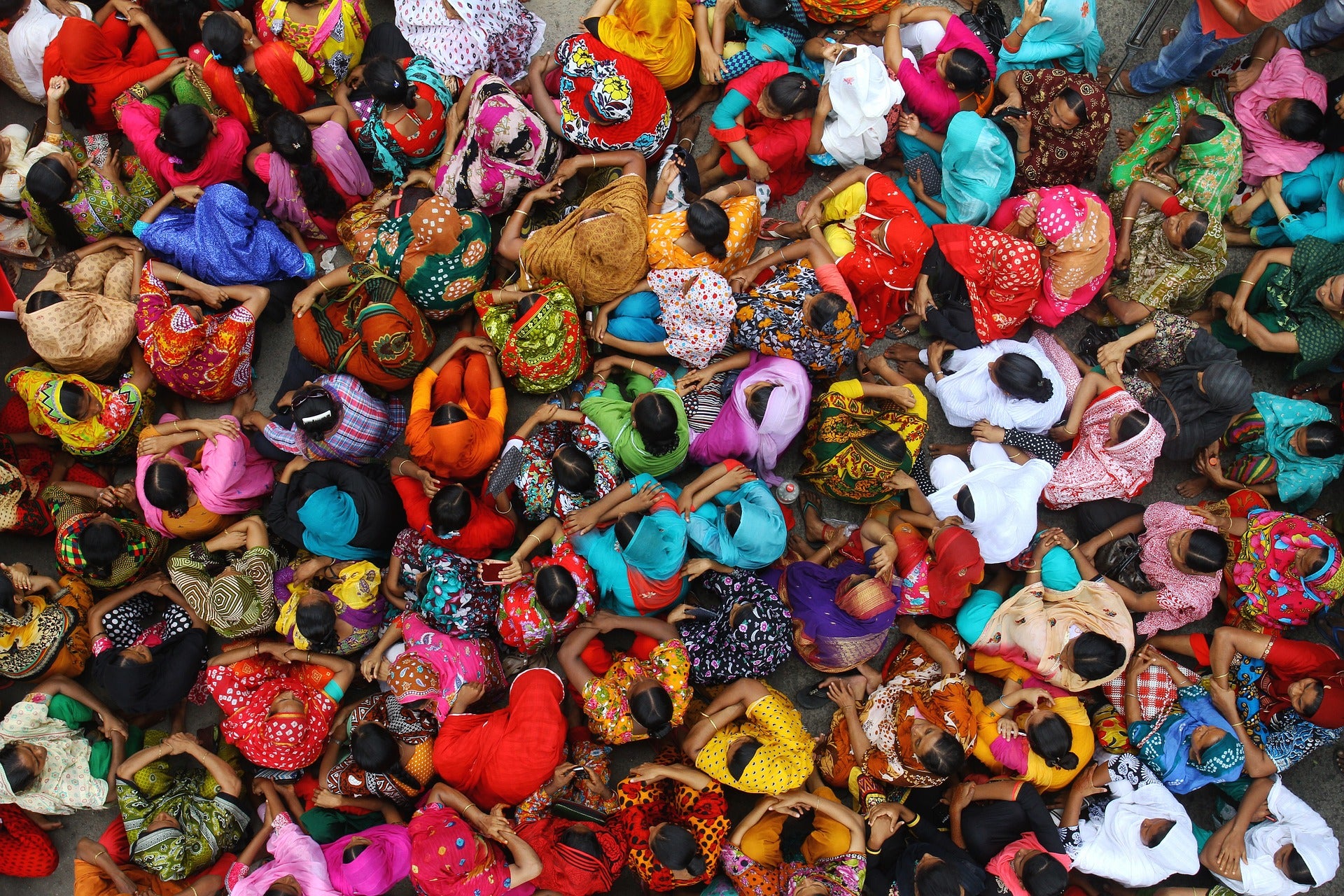
Joanne Liu, former International President of Médecins Sans Frontières (MSF)
"In the face of epidemics, every minute counts to save lives. We must act with determination, solidarity and humanity to meet the urgent needs of the most vulnerable populations.

ORISA® water purifier
✔️ Manual ultrafiltration on demand and sécurisée
✔️ 3L/min and 180L/heure
✔️ 20,000L of water by ultrafiltration
✔️ LOG 8 membrane - 99.999999% efficiency: bacteria and protozoaires
✔️ LOG 5 - 99.999% efficiency: virus
✔️Pics turbidity eliminated from 1 to 250 NTU
✔️ Innovative integrated cleaning achieved in less than 30sec
EPIDEMICS
Safe water to stop the spread of epidemics
-
PREVENTION AND AWARENESS-RAISING
This response aims to inform people about preventive measures, such as drinking safe water, washing hands with clean water, vaccination, etc., to reduce the risk of disease transmission.
-
SPRECKING AND DIAGNOSIS
The aim is to rapidly identify suspected cases, carry out screening tests and establish a precise diagnosis in order to isolate infected people and implement treatment and quarantine measures where necessary.
-
TREATMENTS AND CARE
This response is based on appropriate medical care for infected people, symptom management, treatment of complications and medical follow-up to improve the chances of recovery and reduce mortality. Clean water is essential for treatment and care.
-
EMERGENCY COORDINATION AND RESPONSE
The aim is to coordinate efforts between humanitarian actors, governments, health organisations and civil society to ensure a rapid and effective response, by mobilising the resources, personnel and infrastructure needed to deal with the epidemic.
Our deployments for endemic epidemics
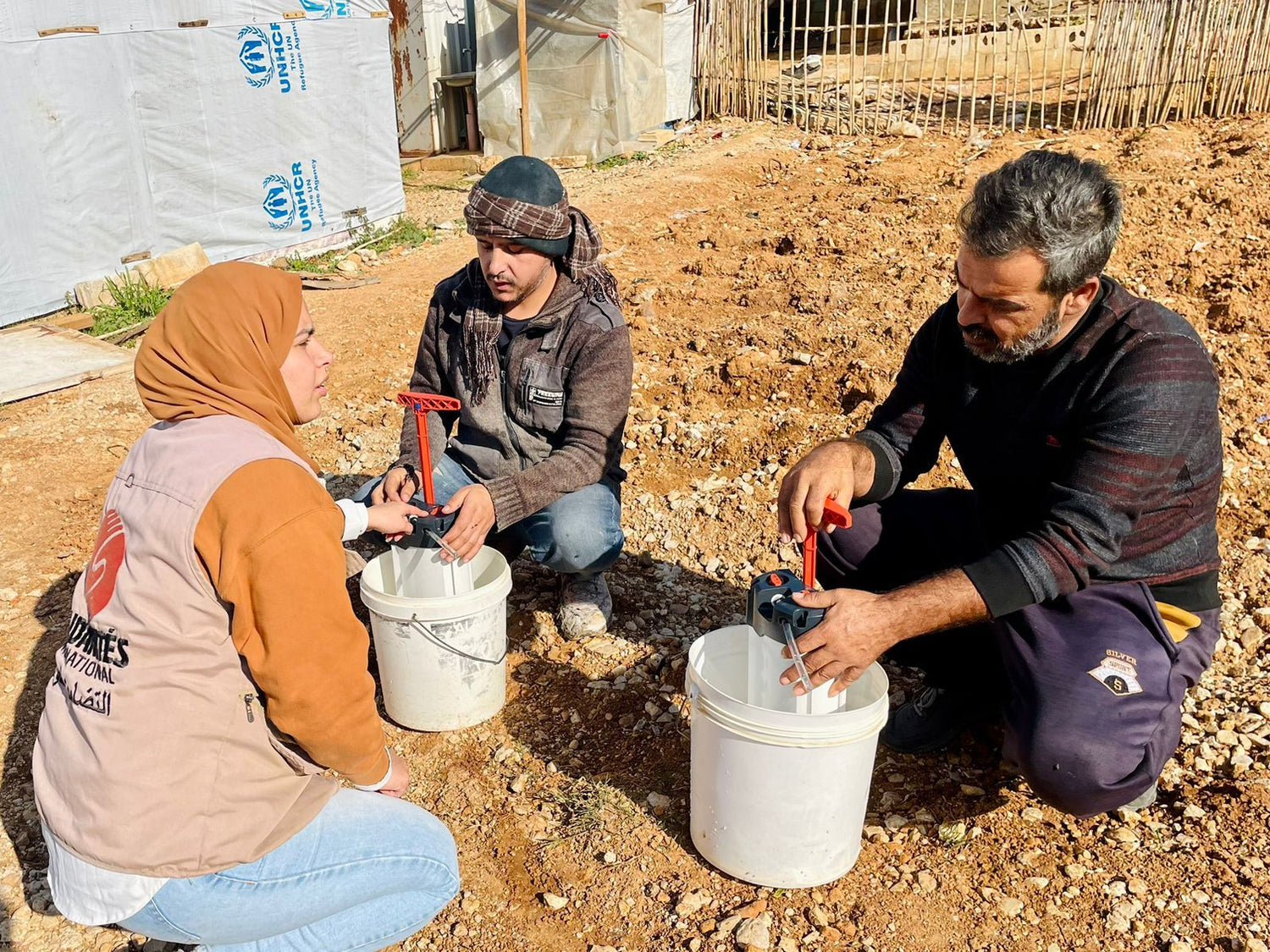
SOLIDARITÉS INTERNATIONAL
CHOLERA EPIDEMICS IN LEBANON
Deployment of 1,000 ORISA® water purifiers in Lebanon to contain a cholera epidemic.
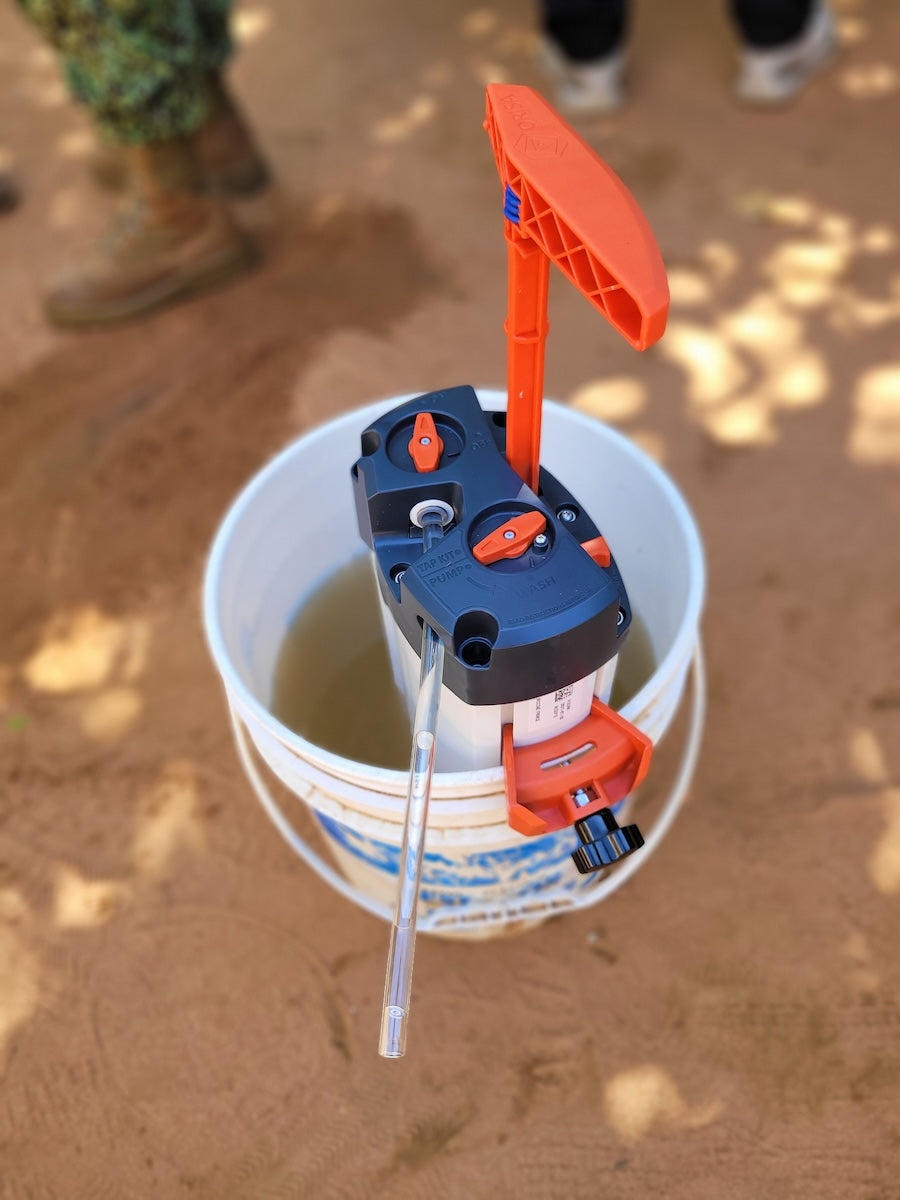
ACTION CONTRE LA FAIM
FIGHTING CHOLERA IN LEBANON
Deployment of 306 ORISA® water purifiers in Lebanon to combat cholera.

DEPLOYING ORISA®
Contact us to discuss your humanitarian concerns about the outbreak and management of epidemics.
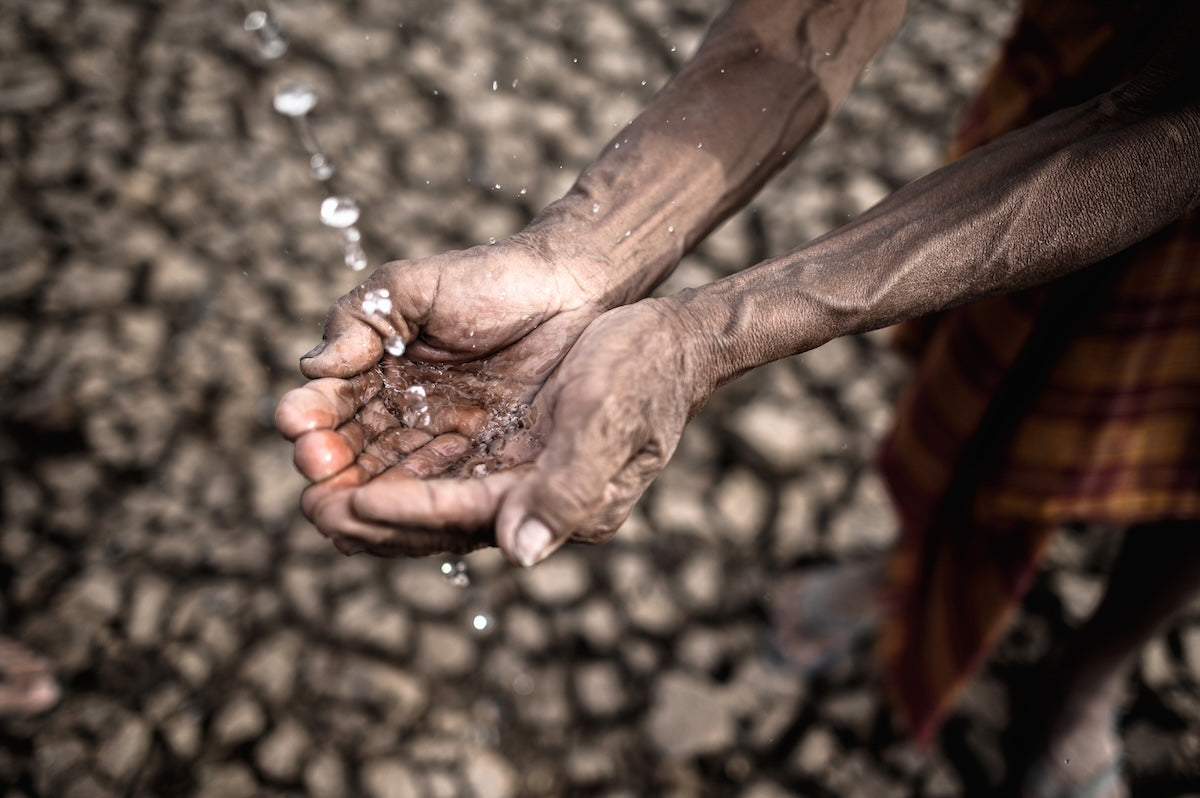
The hepatitis E virus
The hepatitis E virus is spread mainly through contaminated water. Chlorinated solutions do not provide satisfactory results against hepatitis E, often requiring abnormally high concentrations and generating difficulties in inactivating the virus depending on turbidity and pH levels. A study by the Infectious Diseases Society of America into the hepatitis E epidemic in Darfur in 2004 revealed that the main risk factors for contracting HEV were age (15 to 45 years) and consumption of chlorinated surface water. The article highlights the fact that drinking water treatment proved insufficient to control the epidemic, underlining the need to research other treatment techniques and find alternative solutions (source: Guthmann JP et al. A large outbreak of hepatitis E among a displaced population in Darfur, Sudan, 2004: the role of water treatment methods).
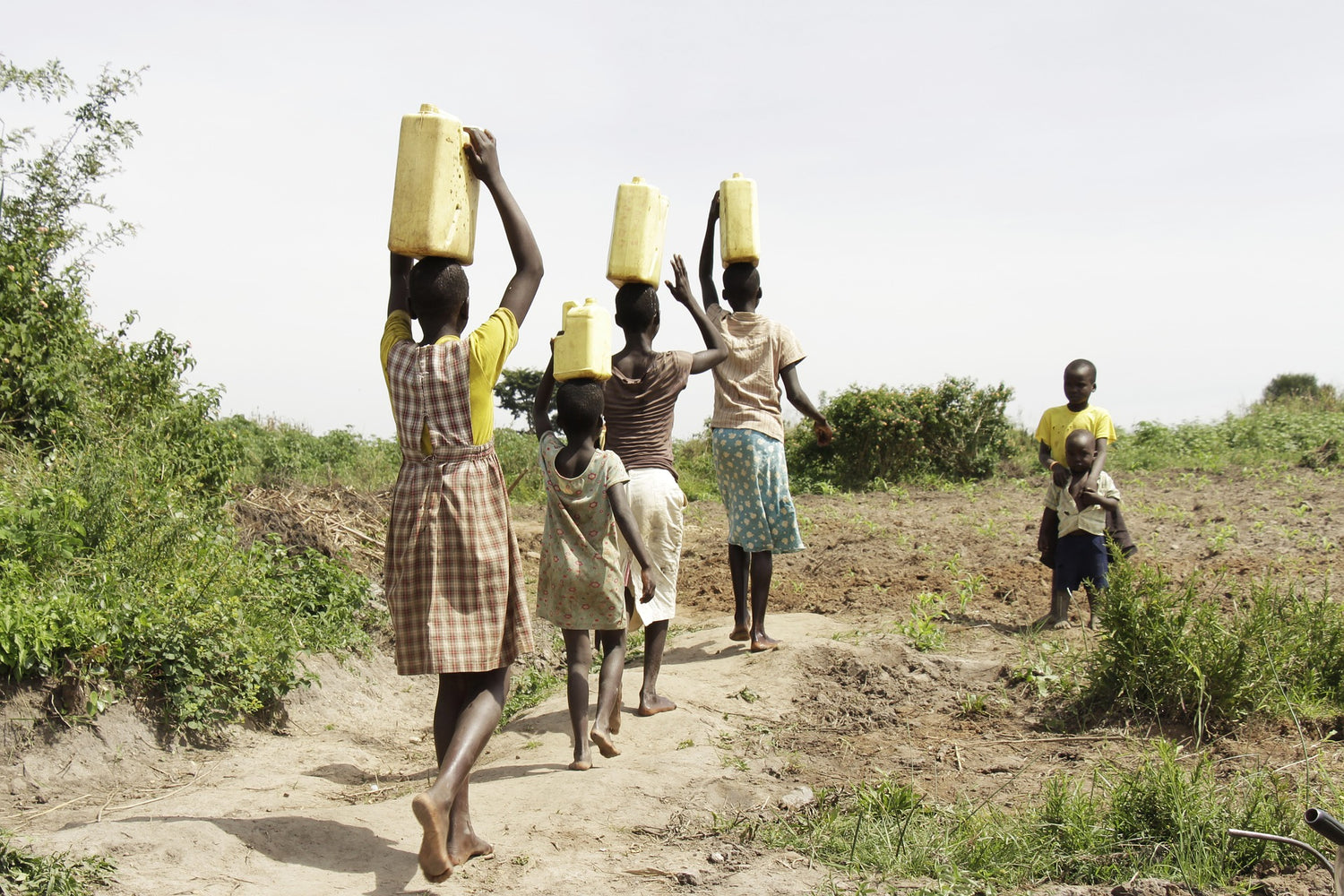
Cholera
Every year, the WHO estimates that there are between 1.3 and 4 million cases of cholera, resulting in between 21,000 and 143,000 deaths worldwide (with statistics varying depending on the study). To combat the transmission of cholera, an acute diarrhoeal disease caused by the bacterium Vibrio cholerae, it is crucial to provide drinking water and adequate sanitation services. Power cuts, which are frequent in some regions, often lead to a lack of drinking water as pumping stations and wastewater treatment networks are disrupted. This creates conditions conducive to the spread of bacteria and viruses.